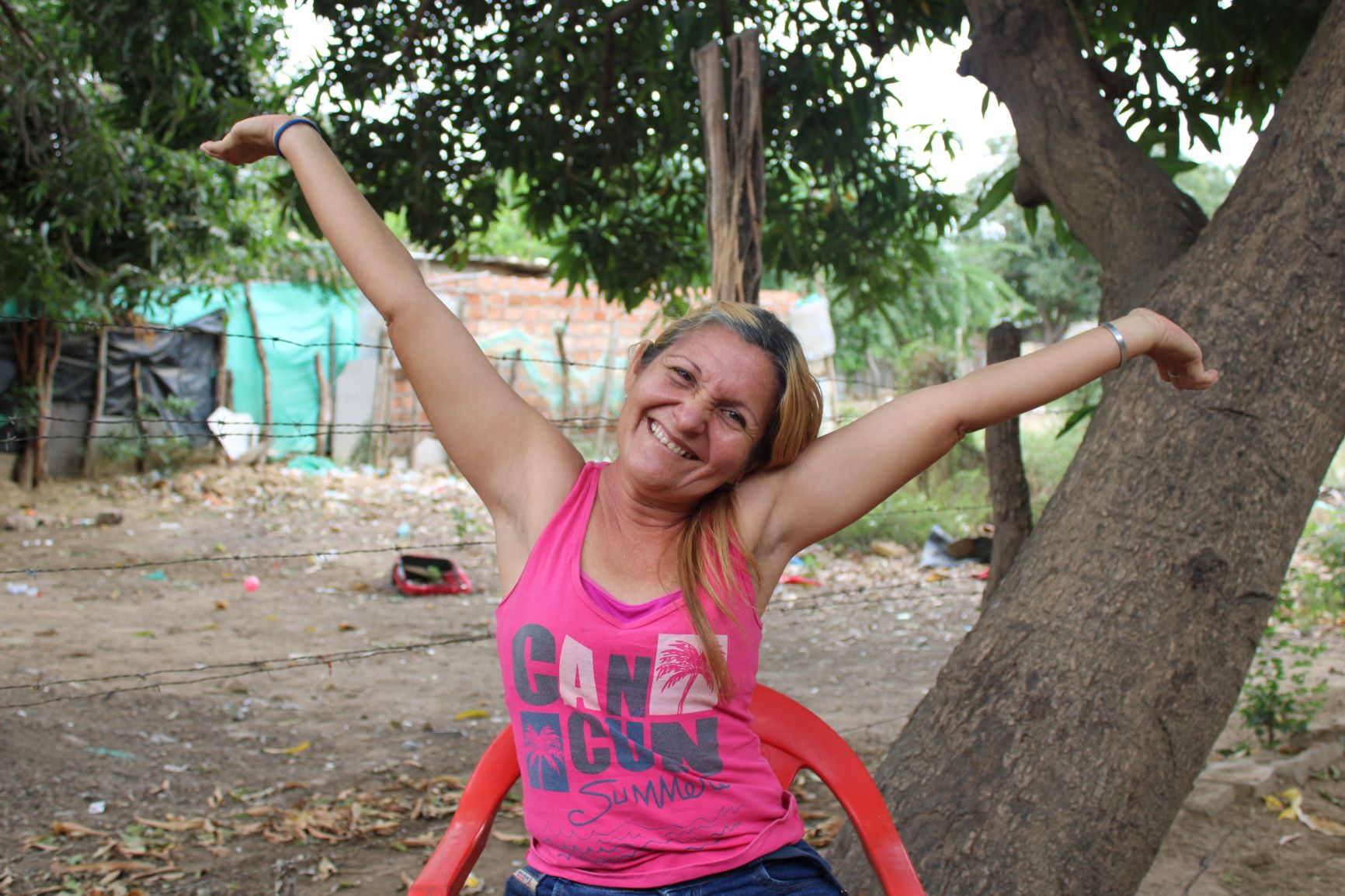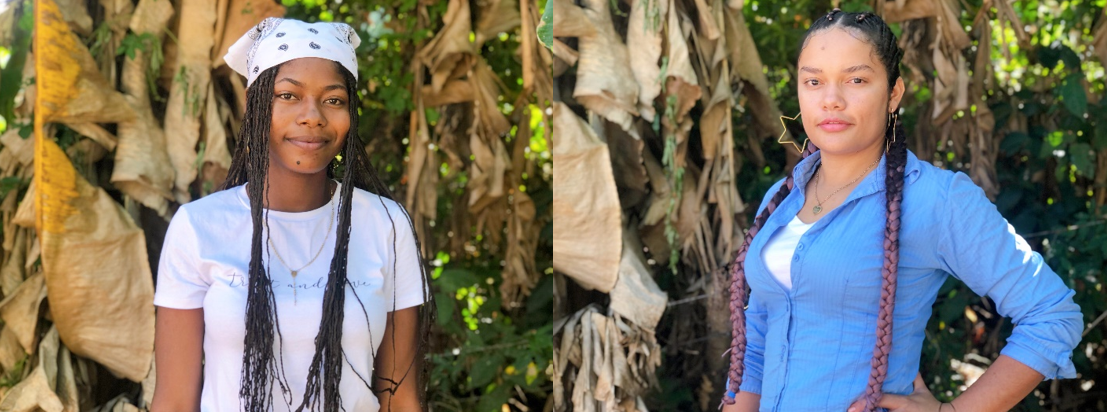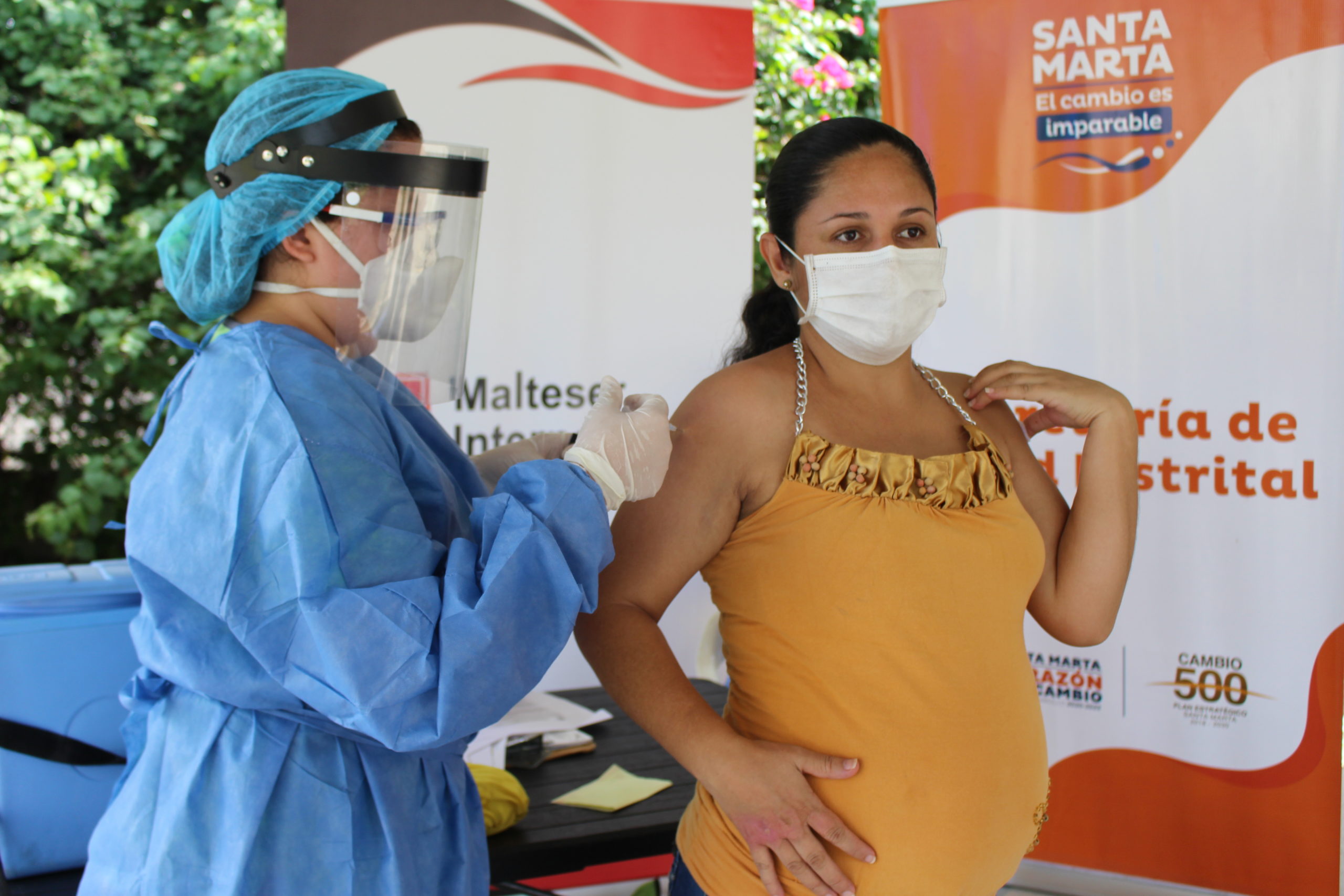South America
The ETPV: Colombia’s Move to Protect Venezuelan Migrants & Refugees
Colombia’s Groundbreaking Policy for Refugees, but What Does it Really Mean?
For #WorldRefugeeDay2021, we asked our experts to chime in on one of the year’s most hopeful announcements for refugees: Colombia – home to 1.7 million Venezuelan migrants and refugees – would regularize migrants and refugees without documentation. Announced in March, the Estatuto Temporal de Protección para Migrantes Venezolanos, or EPTV, was welcomed by the international community as an act of solidarity and good faith, yet five months on, what is it, really? And what has been its impact on the ground?
What is the Estatuto Temporal de Proteccion para Migrantes Venezolanos (ETPV)?
The ETPV is a new policy introduced by the Colombian government in March of 2021 which will provide temporary legal status for Venezuelan migrants and refugees currently in Colombia. As a result of the ETPV, migrants and refugees will be able to remain in the country for up to 10 years, granting these vulnerable groups social protections. The government states that up to two million Venezuelans will be able to benefit from the new policy, and hopes to diminish irregular migration.
What makes Colombia’s gesture particularly impressive is the scale of the undertaking: about half of Colombia’s 1.7 million migrants and refugees have been in an irregular status.
In the United States, Temporary Protection Status (TPS) is also given to nationals of designated countries fleeing armed conflicts or natural disasters. It is estimated that around 320,000 have TPS in the U.S. hailing from countries such as El Salvador, Honduras, and Haiti. Earlier this year, the Biden administration expanded TPS to include Venezuelans.
Who is eligible?
Venezuelan migrants who currently have regular status, those who are processing visas and asylum claims, as well as those without regular status but can prove that they have resided in Colombia prior to January 31st, 2021 will be eligible. The ETPV will also include Venezuelans who enter the country within the next two years.
MI Americas’ Expert Take: Social Services for Migrants
Dr. Mavis Mercado Rua, Program Coordinator for International Organizations, Hospital San Jose de Maicao
Over 150,000 Venezuelan migrants and refugees have settled in La Guajira as a result of Venezuela’s crisis. This has meant a 15% increase in population for one of Colombia’s poorest departments. While the news of the ETPV has been welcomed in the region, there are significant challenges and unanswered questions for those working in social services. Mavis Mercado Rua works in one of the region’s biggest hospitals (there are only three secondary hospitals in La Guajira), Hospital San Jose in Maicao, where MI Americas provides primary care to uninsured Venezuelan migrants and refugees. She reports that the public health system in the region is severely underfunded and struggling to keep up with the acute rise in population.
“From the health sector, we hope this initiative will help bring greater attention and funding to healthcare services for this population. The public hospital system, which is responsible for providing these services, is currently underfunded as the costs for providing basic healthcare services are very high.“
Some Hope for People like Yoimer and her Children
Yoimer Rodriguez Chirino, Venezuelan mother of three
Yoimer arrived in Colombia four years ago through a dangerous irregular border crossing, often referred to as la trocha, with her three children. For the last four years she has lived in irregular status, unable to access dignified healthcare for her family, education for her children, or a job for herself
“It has been difficult to establish myself in Colombia because I’m a single mother. It has been hard because my children don’t have health insurance, they can’t get a decent education, and I haven’t gotten a decent job to be able to give them the life they deserve.”
Yoimer is grateful for ETPV and the opportunity to live a decent life. She has already pre-registered and has an appointment with government officials in two months.
Due to the COVID-19 pandemic, the border with Venezuela has been closed since March 2020, forcing thousands to cross through irregular routes where migrants and refugees often face violence, exploitation, and abuse. Many arrive in Colombia with serious physical and mental health issues due to both dangerous journeys and a complete lack of basic medical supplies and nutritious food in Venezuela. The new policy is giving these vulnerable people hope, but it can be a difficult process to navigate.
Providing Free Healthcare to the Uninsured in La Guajira & Magdalena
Indira Vergara Mosquera, Colombia Medical Coordinator, Malteser International Americas
MI Americas has been in La Guajira since 2014, before the large numbers of Venezuelans settled in the department. Since then, the organization has become a trusted provider of free health services for uninsured Venezuelans and Colombians, and a reliable partner to regional and local health authorities, as well as indigenous leadership. Indira Vergara Mosquera is MI Americas’ Medical Coordinator in Colombia, where she ensures that our medical services and programs uphold the highest standards and are meeting the needs of vulnerable populations, as well adapting to crises like Covid-19 and structural changes such as the introduction of ETPV.
“It is a priority to assist the vulnerable population in emergency situations, disasters, armed conflict, poverty, or disease. To this end, we have joined efforts with local authorities, communities and other international organizations in the region to produce a comprehensive and complementary response plan to meet the most recent (health) crisis.”
MI Americas’ approach to the delivery of health services has gained praise for meeting the needs of the diverse population of La Guajira.
“During the years that Malteser has been providing different services in Colombia, we have understood that respect for culture, local customs, understanding the community, understanding how they think, how they live, and being part of this joint process, is what guarantees enduring change so that these communities feel welcomed and can access services that improve their quality of life.”


